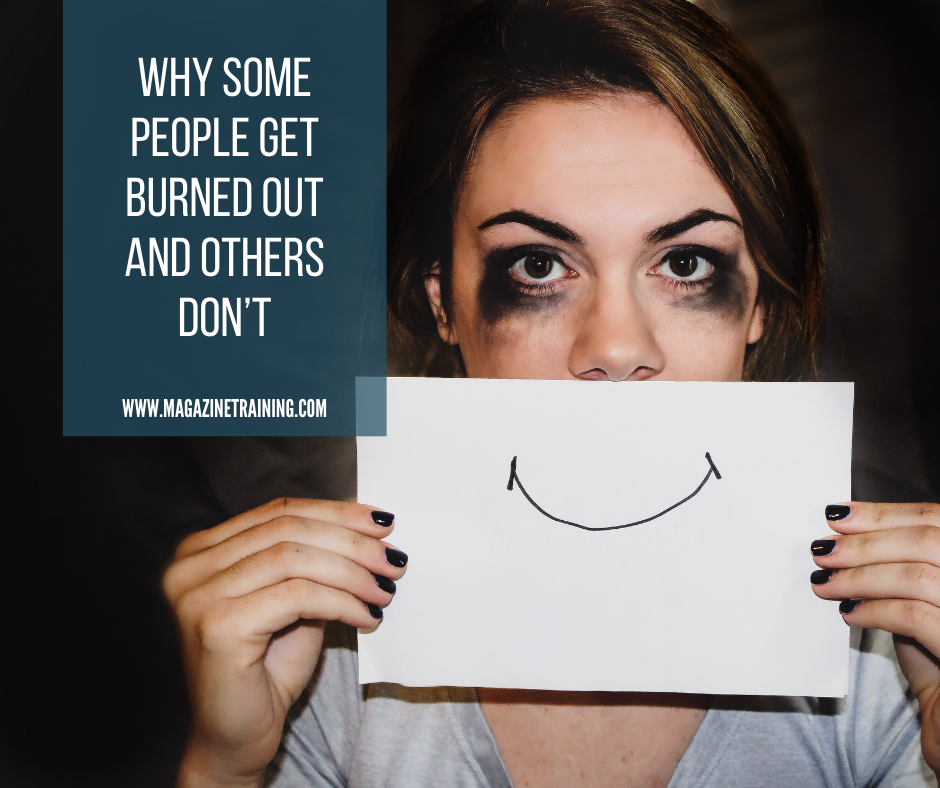
Stress and burnout are not the same thing. And while we know that stress often leads to burnout, it’s possible to handle the onslaught of long hours, high pressure, and work crises in a way that safeguards you from the emotional exhaustion, cynicism, and a lack of confidence in one’s abilities that characterizes burnout. The key is tapping into your emotional intelligence.
This is what one of us (Kandi) discovered in a recent study (“Leading Through Burnout”) where we assessed 35 chief medical officers (CMOs) at 35 large hospitals for their level of stress and tried to determine what, if anything, they do to deal with burnout. The findings surprised us: despite the fact that an overwhelming 69 percent of the CMOs described their current stress level as severe, very severe, or worst possible, the majority were not burned out according to the Maslach Burnout Inventory. In our interviews with these CMOs, we found a common theme to what kept their stress under control: emotional intelligence.
As one of us (Annie) has written about before, research suggests that emotional intelligence (EI) supports superior coping abilities and helps people deal with chronic stress and prevent burnout.
Emotional self-awareness, one of the components of EI, for example, allows us to understand the sources of our frustration or anxiety and improves our ability to consider different responses. Self-management, another EI competency, allows us to stay calm, control impulses, and act appropriately when faced with stress. Conflict management skills allow us to channel our anxiety and emotions into problem-solving mode rather than allowing the situation to bother us—or keep us up all night. Empathy also helps to fight stress. When we actively try to understand others, we often begin to care about them. Compassion, as with other positive emotions, can counter the physiological effects of stress. And, attuning to other people’s perspectives, attitudes, and beliefs contributes to our ability to gain trust and influence others. This, on a very practical level, often means we get the help we need before stress spirals into burnout.
What You Can Do to Manage Stress and Avoid Burnout
People do all kinds of destructive things to deal with stress—they overeat, abuse drugs and alcohol, and push harder rather than slowing down. What we learned from our study of chief medical officers is that people can leverage their emotional intelligence to deal with stress and ward off burnout. You, too, might want to try the following:
Watch our free on-demand workshop about “Preventing Burnout”
By Kandi Wiens and Annie McKee, Harvard Business Review
Related posts
Magazine Training International’s mission is to encourage, strengthen, and provide training and resources to Christian magazine publishers as they seek to build the church and reach their societies for Christ.

